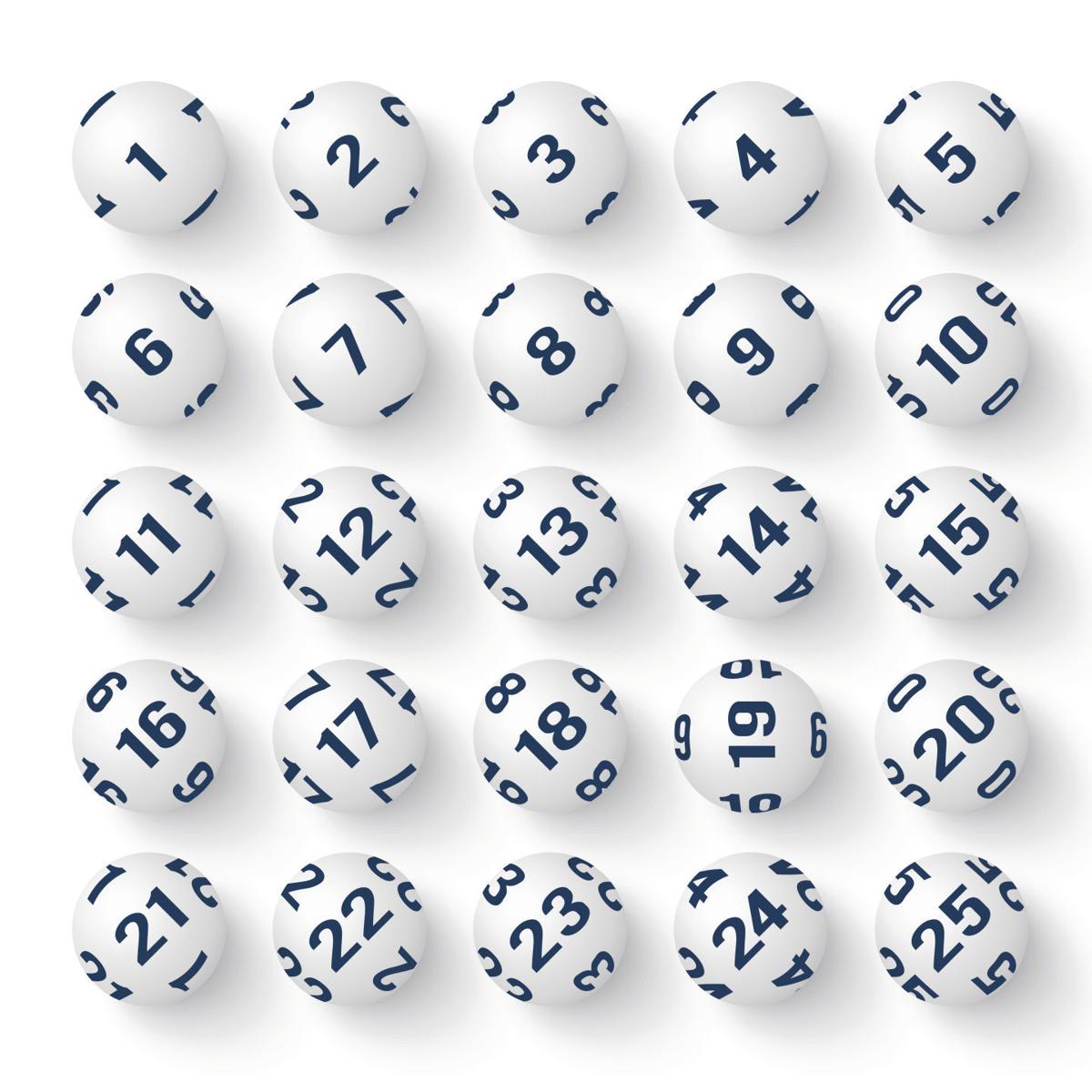PHOENIX — Gov. Doug Ducey is hoping to fund part of his teacher pay package through a new form of gambling that may be illegal, is opposed by a key backer of the governor, and could blow up the deal Arizona negotiated nearly two decades ago with Indian tribes.
Documents show the governor hopes to generate $15 million a year by convincing Arizonans to play “keno,” a game in which players choose several numbers and wait to see how many match those generated by a computer.
Setting up keno is just a small part of how Ducey thinks he can find an extra $270 million for this coming year — and more than $670 million three years from now — to finance his plan to increase base teacher pay by 19 percent above current levels. On top of that, Ducey has promised to restore $371 million that is now being withheld from schools for certain capital purchases.
Much of the plan is based on the governor’s projections of strong economic growth and his belief an improving economy will cut costs for state health care and social programs. Ducey also plans to tap other funds and jettison some of his own priorities as well as those of lawmakers.
But it is the keno to be offered by the Arizona Lottery that could prove most controversial. As envisioned, it would offer multiple games per hour, with drawings held every four minutes.
However, Arizona law already bans “monitor games” from being conducted or their results to be displayed more than once an hour.
Moreover, Sen. Sonny Borrelli, R-Lake Havasu City, gave up on a bid earlier this year to set up such a game as an attorney for the state’s largest tribe warned lawmakers it would blow up a decades-old agreement.
Steven Hart, who represents the Navajo Nation, told a Senate panel then that the 2002 compacts between tribes and the state give them the exclusive right to operate casino-style games. In exchange, he said, the tribes share about $100 million a year in profits.
Electronic games are specifically reserved for the tribes, said Hart, who was in charge of the Arizona Lottery when those deals were negotiated in 2002.
Less clear, Hart said Wednesday, is whether the state could operate keno, with virtually instantaneous games and winnings, without running afoul of the agreement with tribes.
He said using paper tickets, versus an interactive terminal, may fall within the exception of kinds of games the state can operate.
“I want to see the legislation,” he said, legislation Ducey’s office has not yet written.
Mike Liburdi, the governor’s chief counsel, said he believes there are exceptions in the compacts to allow the kind of keno Ducey wants to operate. As to the once-an-hour limit on games and displaying of results, Liburdi said he will have to study that further.
The governor could still have problems getting the plan enacted, even if the prohibition against games more than once an hour does not apply or can be altered, and if the tribes do not contest it.
“Keno is predatory gambling,” said Cathi Herrod, president of the Center for Arizona Policy, who has been a key Ducey ally.
Herrod said in other states keno tickets are sold in “family-type restaurants” and sports bars, making multiple-per-hour drawings particularly addictive.
“We don’t need keno in our state,” she said, adding that she has “made our opposition known” to the governor.





